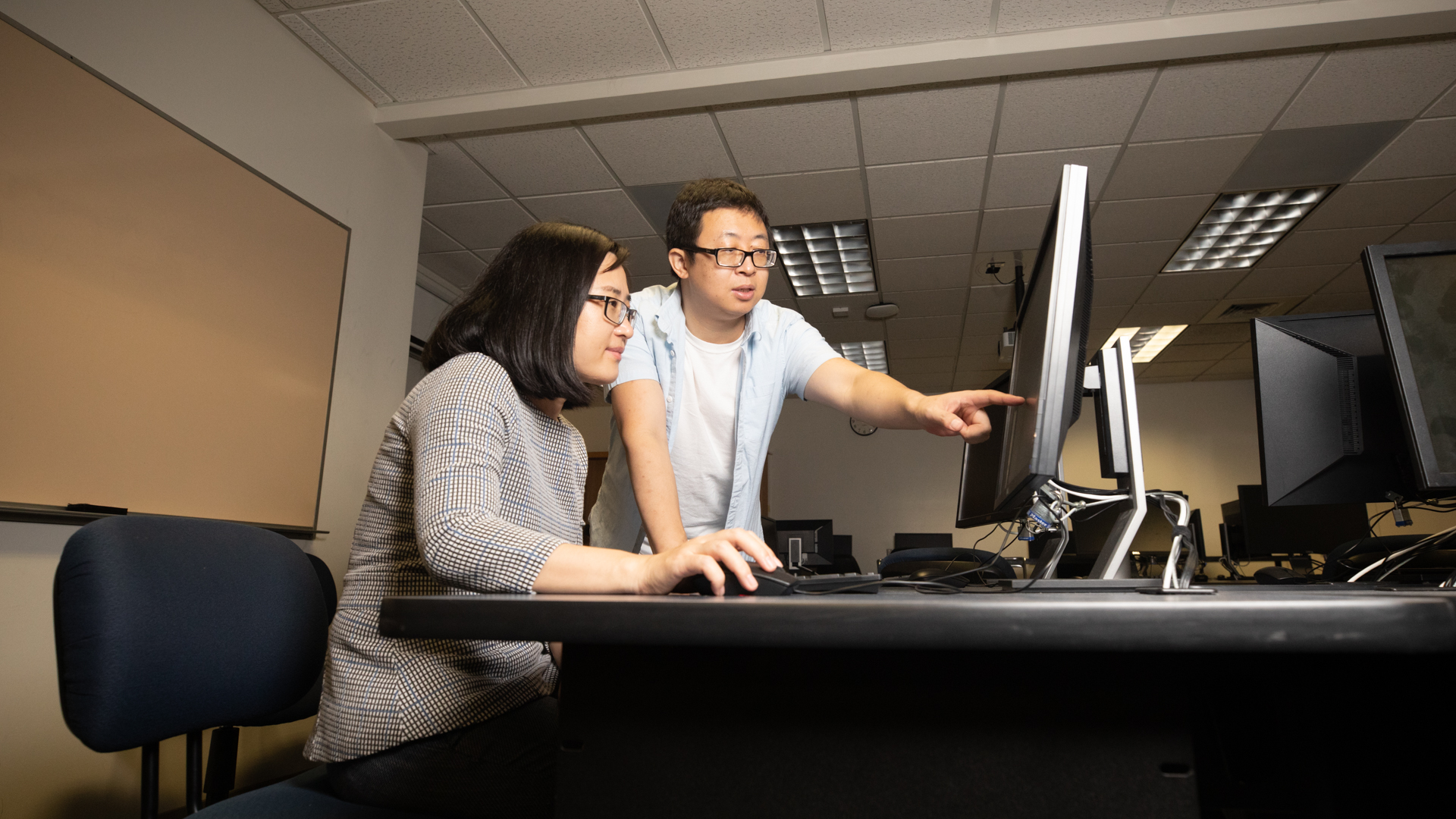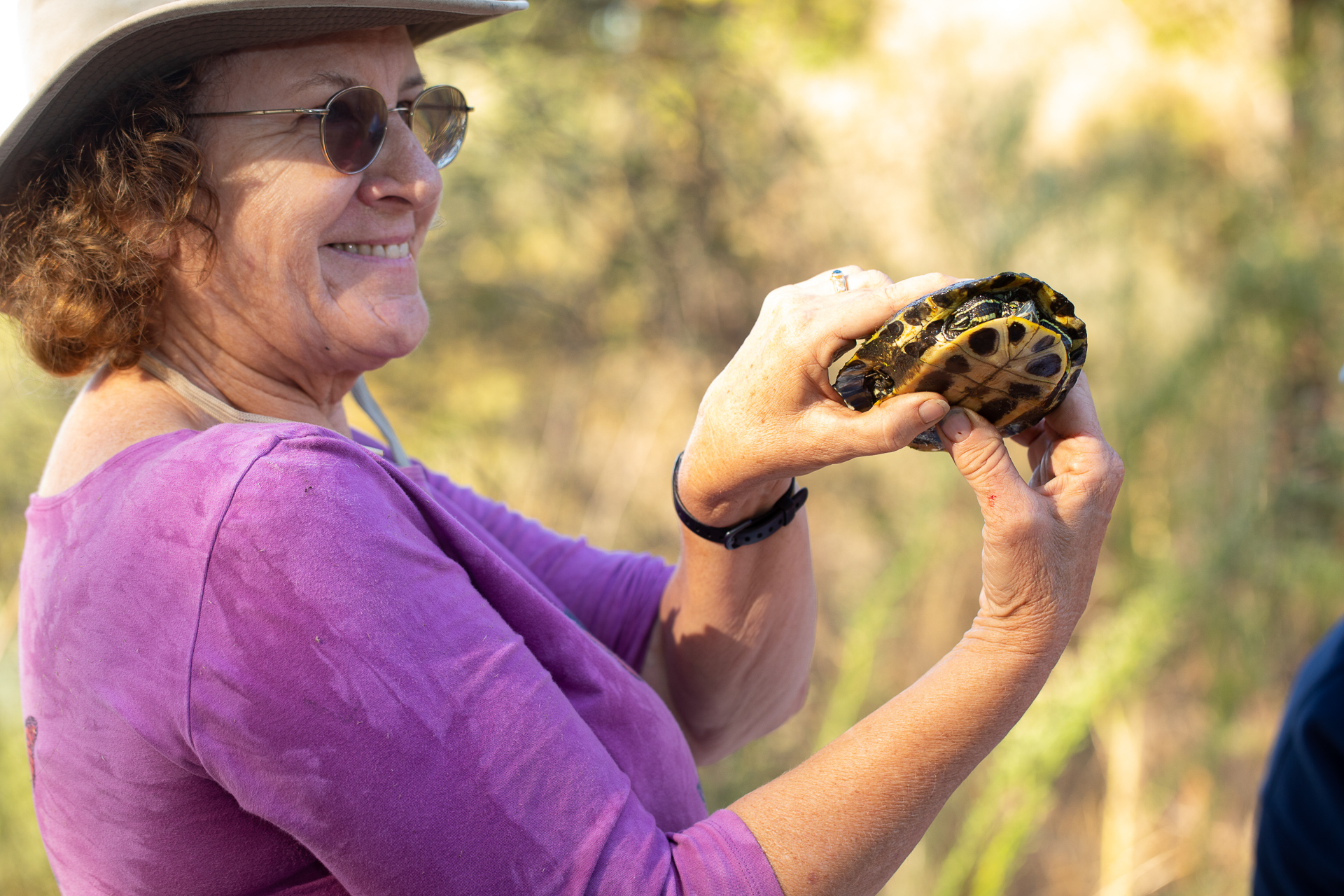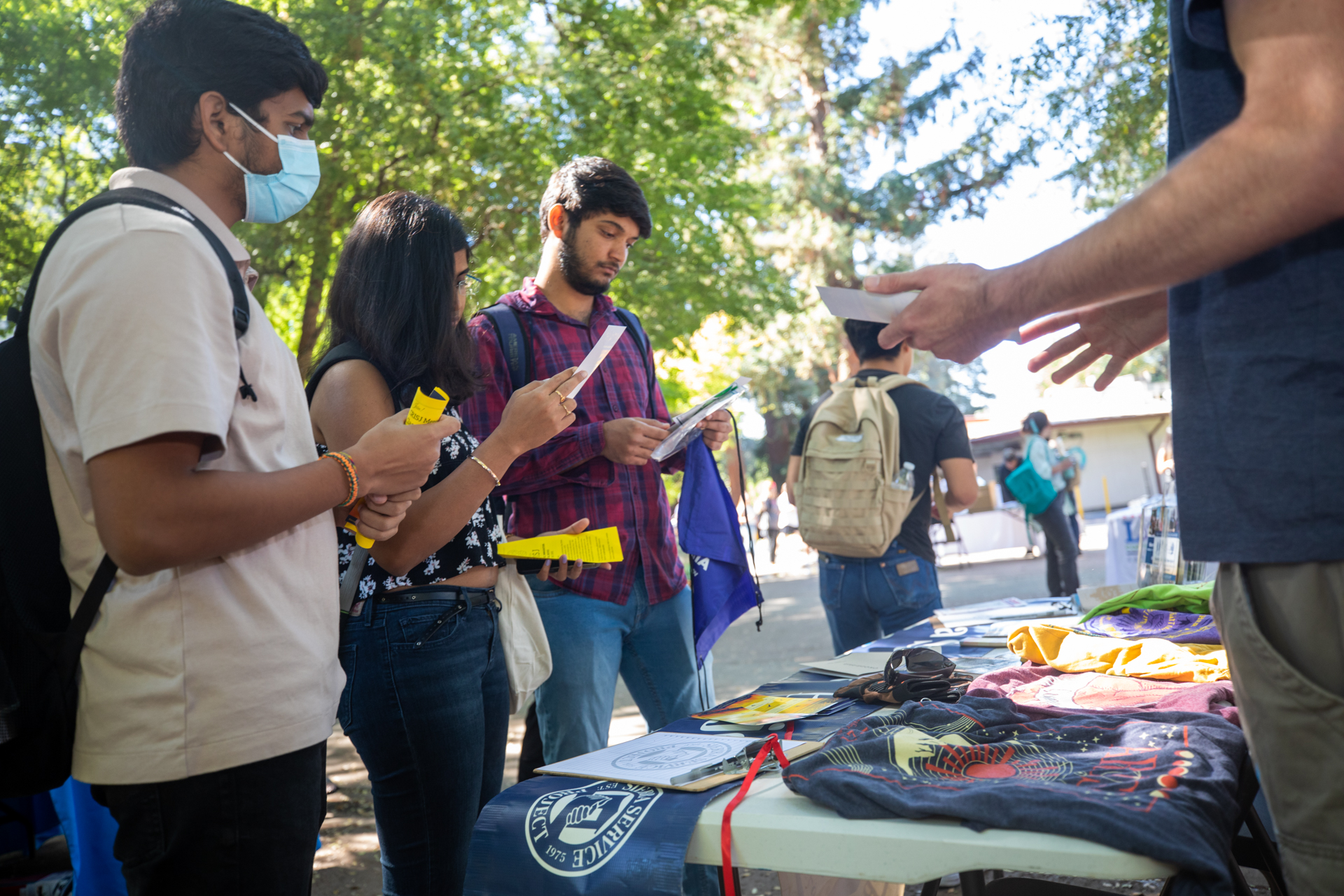Story Content
Three faculty members selected for county task force to address climate change
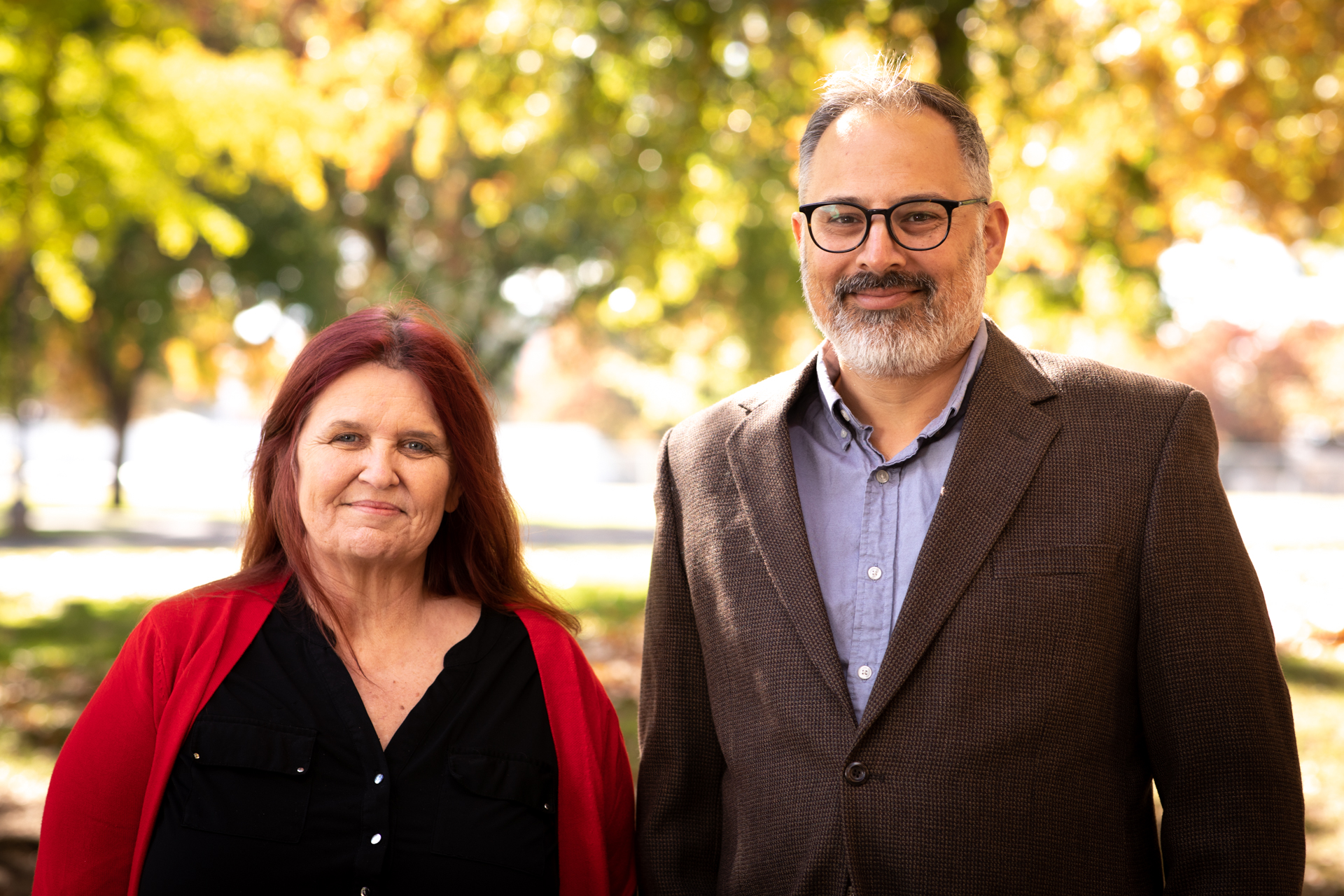
November 17, 2022
Three Sacramento State professors are part of a task force that will help Sacramento County meet its carbon neutrality goals and address climate change.
The newly formed Climate Emergency Mobilization Task Force has 13 members, including Ghazan Khan, associate professor of Civil Engineering, Roslyn Roberts, assistant professor of Accounting, and Ajay Singh, associate professor of Environmental Studies.
The group, scheduled to hold public meetings at least monthly, will help Sacramento County Sustainability Manager John Lundgren implement the county’s Climate Action Plan (CAP), currently in its second phase. The CAP’s goal is to help the county achieve carbon neutrality by 2030.
“Happy to say, you know, I’m a year into the job and the task force has had its first meeting last month,” Lundgren said. “My job is to make sure that the task force doesn’t go off the rails and (help them) stay focused on the issue of developing that climate emergency response plan.”
Sacramento County’s Board of Supervisors declared a climate emergency in December 2020. That action established need for the task force and led to the addition of a sustainability manager. Supervisors voted in March to create the task force.
“Sac State decided that they wanted to be part of this, and we were happy to have the help." -- John Lundgren, Sacramento County sustainability manager
Lundgren said the task force would identify specific issues to address as it meets and collaborates with the public. Motor vehicles and energy consumption by buildings are the county’s biggest sources of greenhouse gas, he said.
The task force will recommend and execute actions to address the crisis. For example, the group could work with the community to convert more vehicle fleets to electric or secure grants for more efficient approaches to electric vehicle charging.
Task force members were chosen from a pool of about 40 applicants, Lundgren said. Most will serve two- to three-year terms. Youth members serve one-year terms, which can be extended for a second year.
Lundgren said Sac State’s active desire to participate led to the three professors’ appointment to the task force.
“I wouldn’t say it was that I went out and said ‘I need a bunch of Sac State professors,’ ” Lundgren said. “Sac State decided that they wanted to be part of this, and we were happy to have the help."
Roberts, the assistant professor of Accounting, said one important element of the task force is that it includes people who are part of the community as well as experts.
“Unless you have the support of the community, it’s very difficult to implement the CAP, and so I think communication and listening is so important,” Roberts said. “I find it a little daunting to get involved with an issue that has been so politicized, because it shouldn’t be political. We know (climate change) is factual … but there’s a lot of pushback in different areas.”
Singh’s expertise as an Environmental Studies professor helped qualify him to be one of six environmental justice members of the group, those who have “a willingness to work with communities that are underrepresented in governance,” he said.
“Where the rubber meets the road with a lot of these policies is at the county and municipal level,” Singh said.
The professors’ involvement also highlights Sac State’s Anchor University initiative to visibly engage with and have an impact on the communities the University serves, he said.
“Having folks like ourselves in that process, helping with that decision-making process is really important.”
For Khan, the associate professor of Civil Engineering, joining the task force allows him to get involved and help ensure action is taken to address climate change.
“This is the opportunity for all of us, and someone like me specifically, to go in at the grassroot level (and) talk about, ‘OK, what is it that needs to get done now?’ ” said Khan, who has expertise in transportation and transit. “We can talk about all the big goals … but what is it that we’re going to have to do at the grassroot level and how do we do it?”
Significantly, the task force allows the public to have a say, Khan said.
“It’s an opportunity for people, not just us as experts, but also for people, to come in and really put their … ideas into action items,” he said.
In addition to the three Sac State professors, the task force also includes experts in air quality, agriculture, human-made environments, and energy.
The Climate Emergency Mobilization Task Force’s live public meetings, meeting replays, agendas and more can be viewed online.
The Sacramento County website provides the opportunity to receive alerts and to stay abreast of task force proceedings.
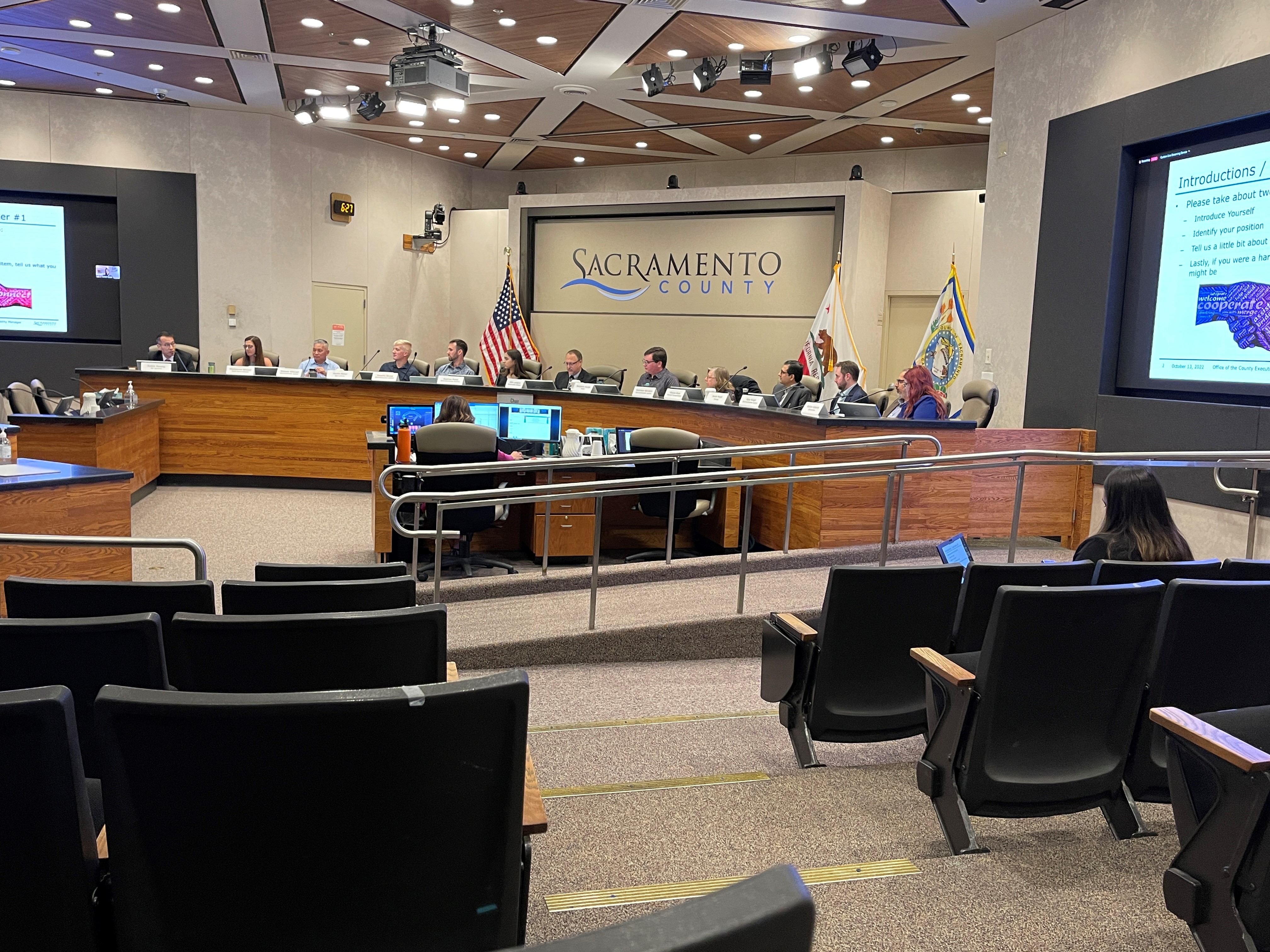
Related Stories
Media Resources
Faculty/Staff Resources
Looking for a Faculty Expert?
Contact University Communications
(916) 217-8366
communications@csus.edu
